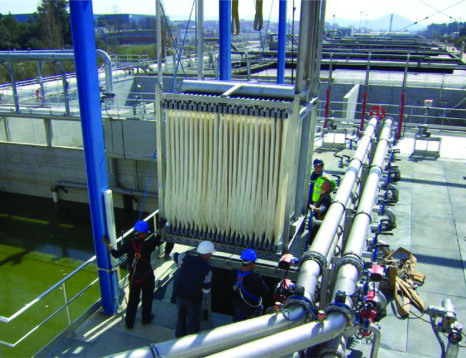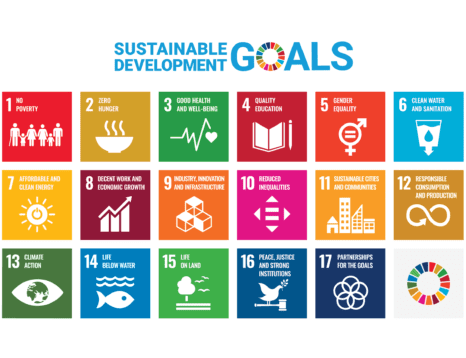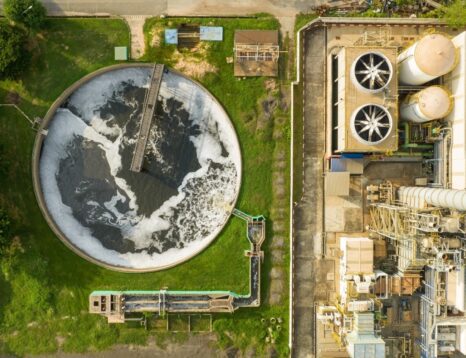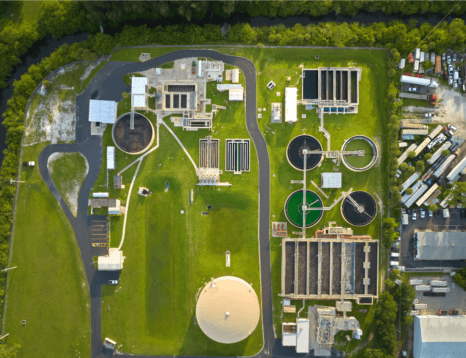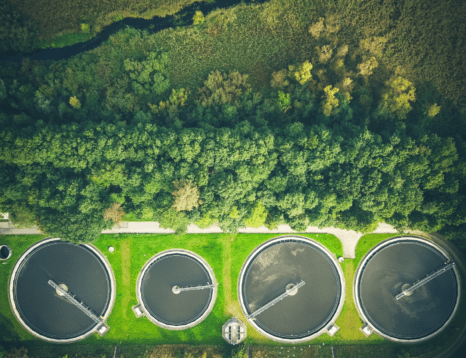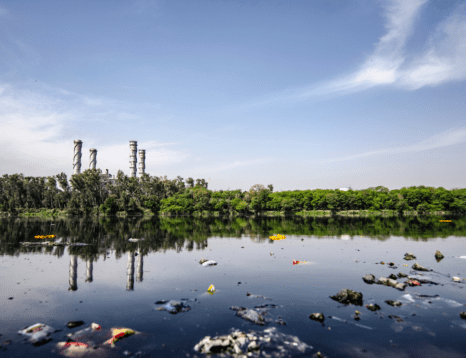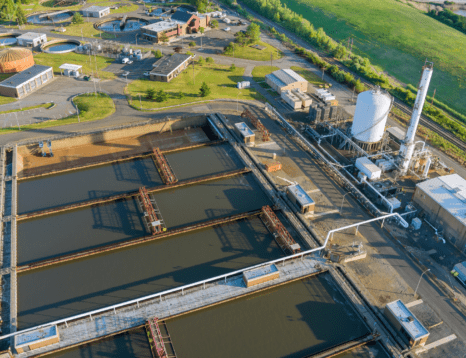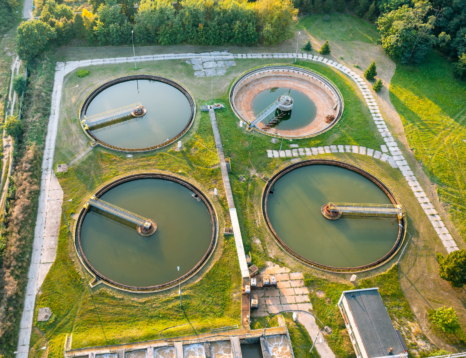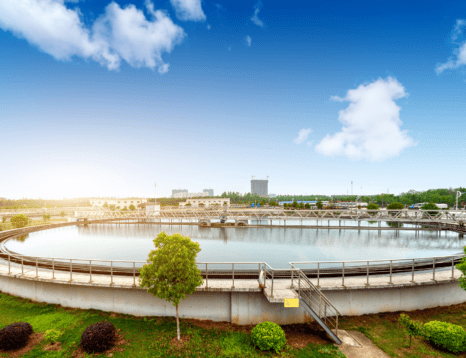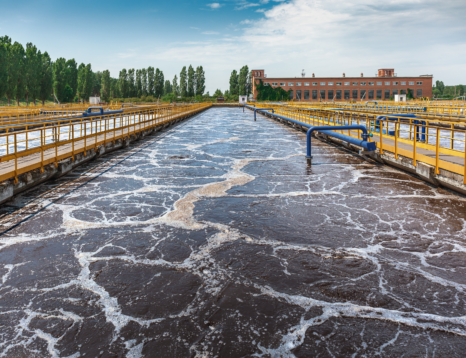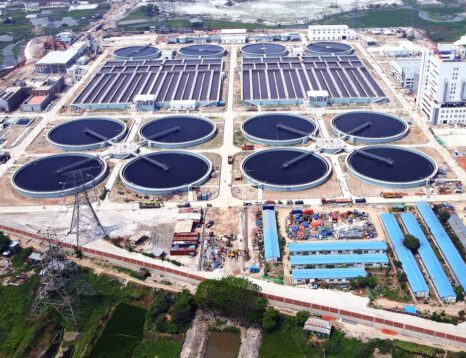
Products & Services
The Environmental Clearance Certificate (ECC) is a mandatory approval required for industrial, infrastructure, and development projects in Bangladesh to ensure compliance with environmental laws. Governed by the Environmental Conservation Rules (ECR) 2023, the process ensures sustainable development while minimizing ecological harm.
This guide outlines the step-by-step procedure for obtaining an ECC, the required documents, and key compliance measures under ECR 2023.
Who
needs ECC
Under ECR 2023, the following entities must obtain an ECC:
- New industries (manufacturing, textiles, chemicals, pharmaceuticals, etc.).
- Expansion/modernization of existing industries.
- Infrastructure projects (roads, bridges, power plants, real estate).
- Mining and other high-impact activities.
Industries are classified into 4 categories based on environmental risk (As per schedule 1, ECR 2023):
- Red Category (High pollution risk – e.g., tanneries, chemical plants).
- Orange Category (Moderate risk – e.g., food processing, textiles).
- Yellow Category (Medium risk – e.g., engineering workshop)
- Green Category (Low risk – e.g., small-scale handicrafts).
Step-by-Step
Process to Obtain ECC
1. Determine Project Category
- Check Schedule 1 of ECR 2023 to identify your industry’s classification.
- Red & Orange categories require Environmental Impact Assessment (EIA) or Initial Environmental Examination (IEE).
2. Conduct EIA/IEE (If required)
- EIA (Full Assessment): Mandatory for Red Category projects.
- IEE (Simplified Assessment): For Orange Category projects.
- Hire a DoE-approved consultant to prepare the report.
3. Environmental Monitoring of Water, Noise & Air Quality:
To ensure compliance with environmental regulations, comprehensive monitoring of ambient conditions must be conducted, encompassing the following key assessments:
- Ambient Air Quality Analysis: Evaluation of atmospheric conditions in the vicinity of the industrial facility.
- Surface Water Quality Analysis: Examination of nearby water bodies to assess contamination levels.
- Groundwater Quality Analysis: Assessment of ground water sources to detect potential pollutants.
- Ambient Noise Level Analysis: Measurement of sound levels in the surrounding environment to evaluate noise pollution.
4. Submit Application to DoE:
Documents Required to apply for ECC:
- Completed Online ECC application form.
- Project feasibility report & site layout plan.
- EIA/IEE report (if applicable).
- Environmental Monitoring Report
- Effluent Treatment Plant (ETP) design (for polluting industries).
- Land ownership documents.
- No Objection Certificate (NOC) from local authorities (if needed).
- Fees & Chalan: Pay the prescribed fee based on industry size (Schedule 7, ECR 2023).
| SL | Investment Amount (BDT) | Environmental Clearance Fees (BDT) | Renewal Fees (BDT) |
| 1. | 1 lakh to 5 lakh | 3,000 TK | 1500 TK |
| 2. | 5 lakh to 10 lakh | 6,000 TK | 3,000 TK |
| 3. | 10 lakh to 50 lakh | 10,000 TK | 5,000 TK |
| 4. | 50 lakh to 1 crore | 20,000 TK | 10,000 TK |
| 5. | 1 crore to 5 crore | 40,000 TK | 20,000 TK |
| 6. | 5 crore to 20 crore | 80,000 TK | 40,000 TK |
| 7. | 20 crore to 50 crore | 1,60,000 TK | 80,000 TK |
| 8. | 50 crore to 100 crore | 2,40,000 TK | 1,20,000 TK |
| 9. | 100 crore to 200 crore | 4,00,000 TK | 2,00,000 TK |
| 10. | 200 crore to 500 crore | 6,00,000 TK | 3,00,000 TK |
| 11. | 500 crore to 1000 crore | 8,00,000 TK | 4,00,000 TK |
| 11. | 1000 crore to 20,000 crore | 10,00,000 TK | 5,00,000 TK |
| 12. | Above 20,000 crore | 15,00,000 TK | 7,50,000 TK |
5. Review & Approval Process
- DoE evaluates the application and conducts site inspections.
- Public hearing (for Red Category).
- Decision timeline: Typically 60-90 days (varies by project complexity).
6. Compliance & Monitoring:
After approval, industries must:
- Follow environmental mitigation measures from the EIA.
- Install pollution control systems (ETP, air filters, waste management).
- Submit periodic compliance reports to DoE.
- ECC validity: Usually 1 to 2 years (renewable).
Penalties for
Non-Compliance
- Fines, shutdowns, or legal action for operating without ECC.
- Suspension of business license for repeated violations.
KINGSLEY as an
Environmental Compliance Consultant
KINGSLEY™ has started its journey with the introduction of advanced hi-tech and foreign advanced equipment in this field. With the introduced newly designed ETP in the Bangladeshi industrial sectors, this new design has not only reduced time and cost, but also service and lifetime, which is better than any previous one with hi-tech and foreign advanced equipment.
KINGSLEY™ can offer the appropriate solution for a wide range of effluent from different industries. From design calculation to complete project handover, the total ETP solution is offered to our clients with the latest convenient technologies.
Technology for a
Sustainable Future
Kingsley™ focuses on long term & sustainable future with a reliable technology.
